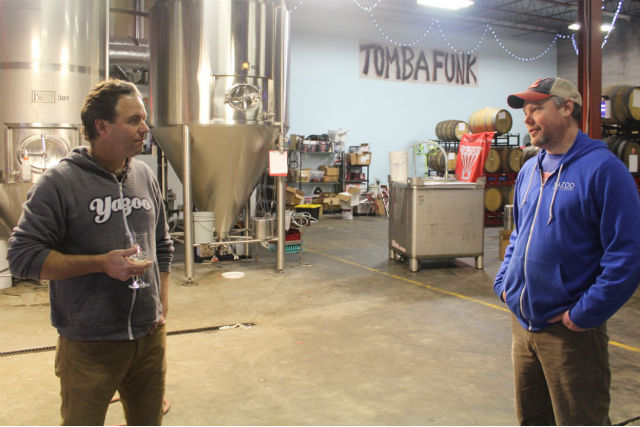
In a ongoing series, Brewer will take a small note from interviews of some of the cover stories it has run and give a small tidbit that didn’t make the issue, but is still worth diving into.
Next week is the annual Craft Brewers Conference, slated this year in Denver. Today, we take a note from last year’s host city: Nashville, home of Yazoo Brewing. The veteran Southeast brewery, we felt, was a great choice to talk about the growth of craft beer. The Southeast is a tough market for craft brewers, especially outside the larger metropolitan areas. Yazoo’s Linus Hall learned those issues and has decided to keep a majority of the beer and staff within a 100-mile radius of headquarters in Nashville instead of trying to expand past that. The brewery, which opened in 2003, helped spark a wave of craft beer for the area and we spoke with Hall for our March/April 2018 issue which came out just in time for the 2018 Craft Brewers Conference.
Hall talked about the addition of the brewery’s Sour house, Bring the Funk, which is run by Brandon Jones.
“I’ve always been fascinated by sours and long-aged beers,” Hall said.
About 10 years after opening Yazoo, Hall finally went to Belgium after planning forever and having, ‘life kept getting in the way,’ he said.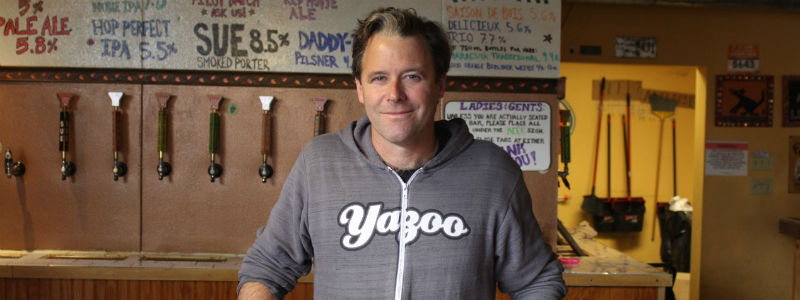
“I came back just all fired up for Flanders Reds, and Gueze and I had a friend from the homebrew club that said he could help with getting some barrels and getting some things going,” he told Brewer during the cover story interview. “I was wrapped up with a lot of other things, so I let him do his thing.”
Jones grew Hall’s desire for funky and sour beer from a couple of barrels upstairs at the brewery’s taproom and production house.
“I was worried about contaminating the brewery, so we leased a space about five miles from here,” he said. “We make the wort here and truck it over there to inoculate it over there in wooden barrels and let it age and package it over there.”
Hall understands the niche is small, but the market is there.
The brewery runs lean, with less than 20 full-time employees along with a handful of outside sales people and part-time taproom employees.
That means Hall makes sure he is still very hands-on with the more than 20,000-barrel facility, listing maintenance, production brewing scheduling and monitoring the sales team as some of his daily routines.
“Just like any small business, I am still very hands-on with many aspects,” he said.


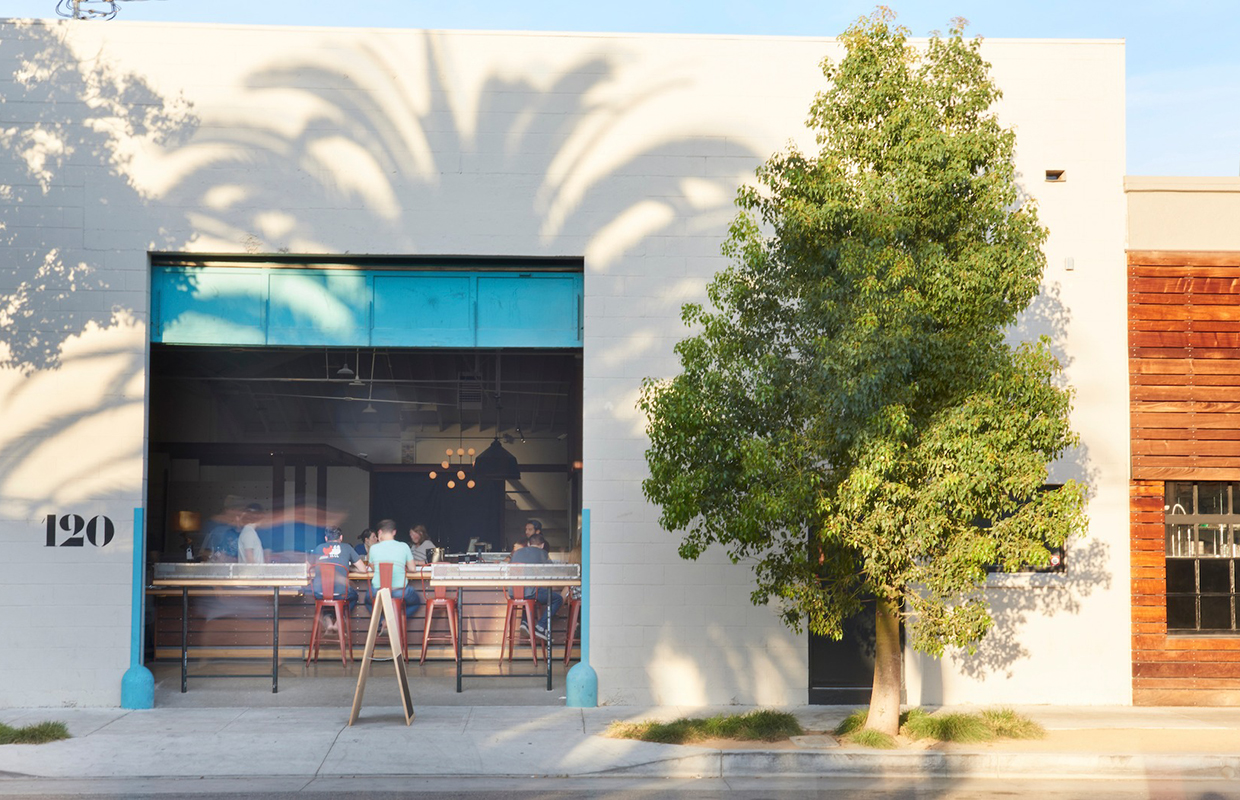
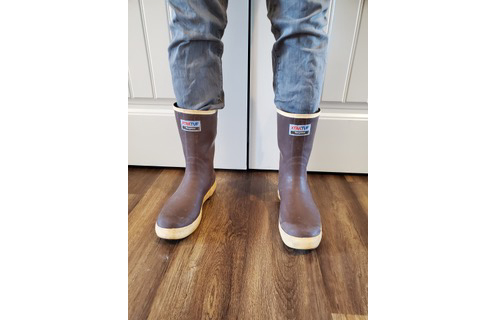
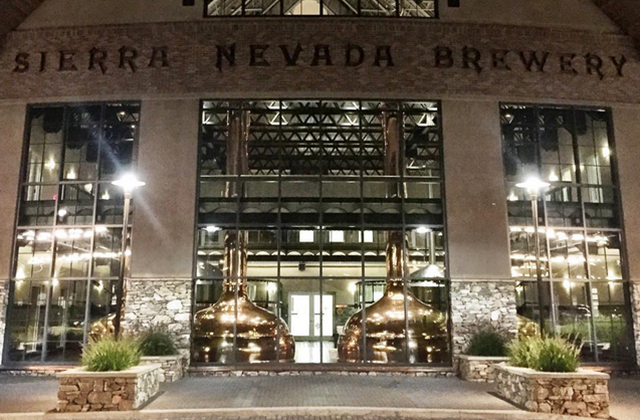
Be the first to comment